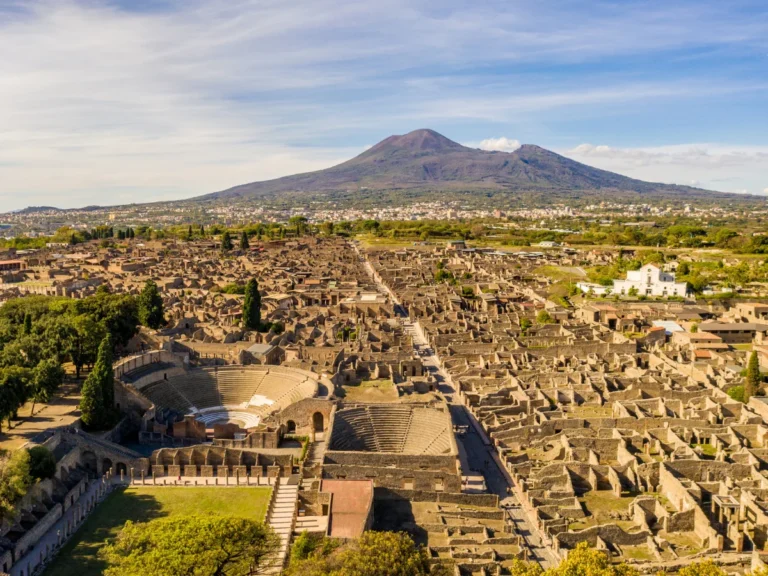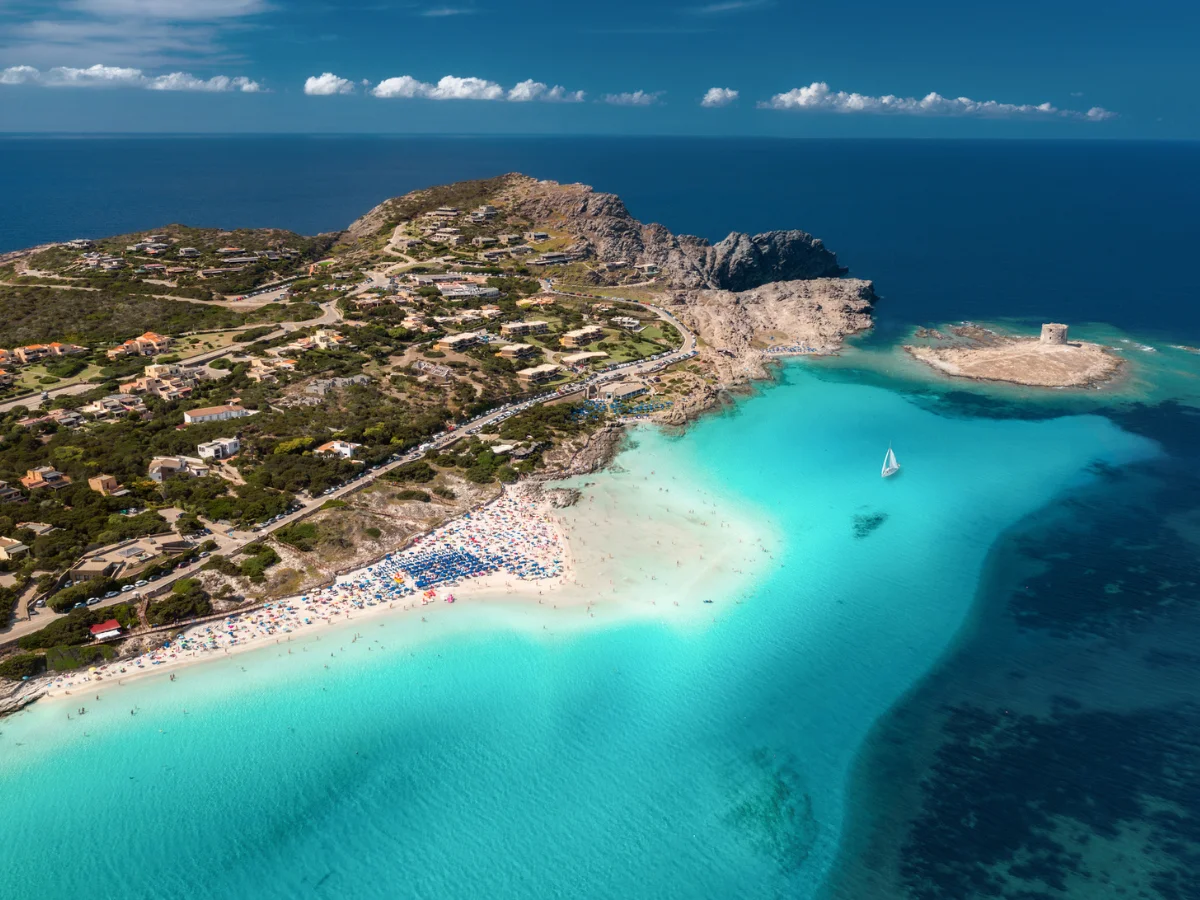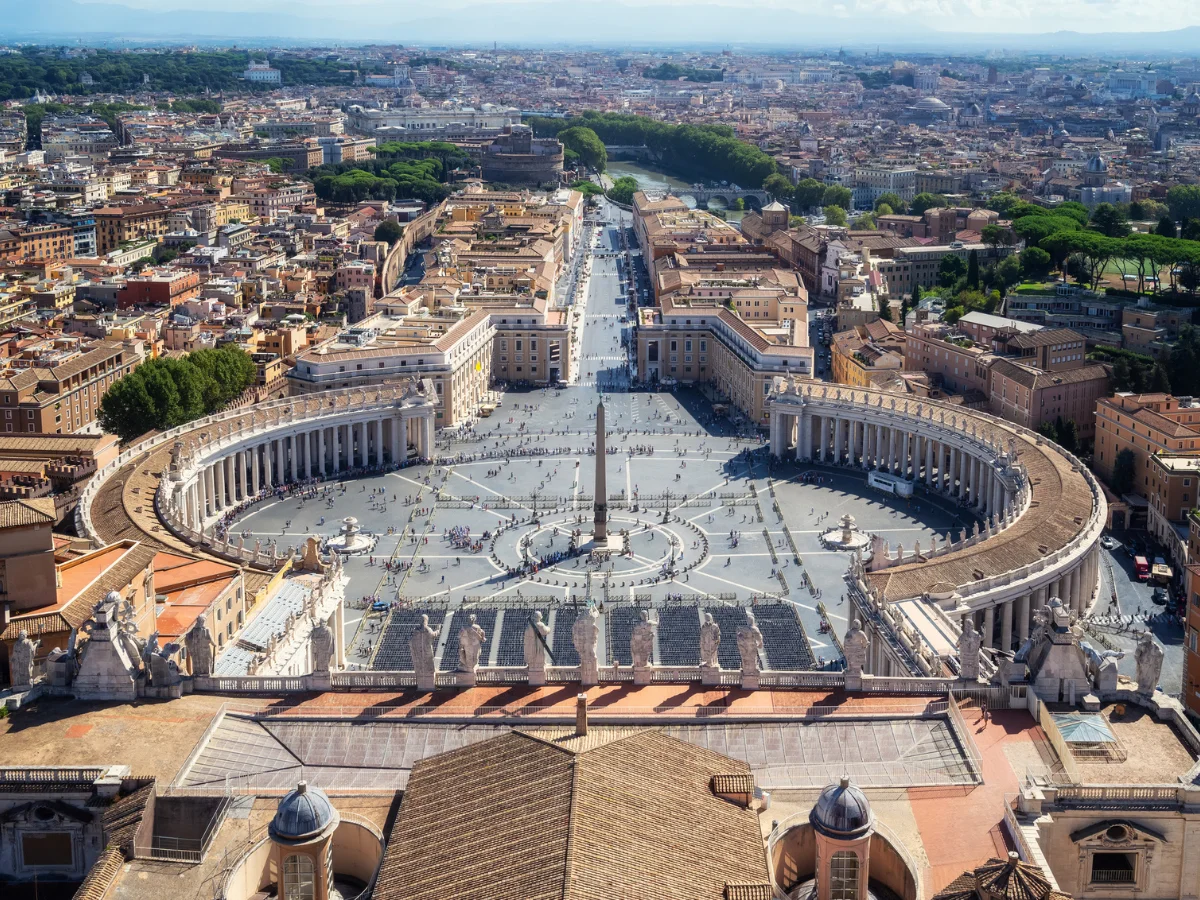Tullus Hostilius was Rome's third king
Tullus Hostilius was Rome’s third king. He was a formidable warrior who expanded Rome’s territory through conquest. Transitioning from monarchy to republic, subsequent leaders continued his legacy. His conquest of Alba Longa and conflicts with neighboring tribes solidified Rome’s power. Despite his demise in a palace fire, his military achievements endured, shaping Rome’s martial ethos. The construction of the Curia Hostilia symbolized Rome’s governance. As Rome evolved, Tullus Hostilius’s influence persisted, leaving a lasting impact on its history and identity.

Tullus Hostilius was Rome's third king
Tullus Hostilius stands as the third king of Rome, following Romulus and Numa Pompilius. Historians believe he reigned from 673 to 642 BC. Unlike his peaceful predecessor, Numa, Tullus Hostilius was a warrior king. He cherished war and expanded Rome’s territories through military conquests.
Early Life and Rise to Power
Little is known about the early life of Tullus Hostilius. Ancient texts suggest he came from a noble family. He gained the throne likely due to his assertiveness and military prowess. His reputation as a fierce leader helped him ascend as Rome’s king.
Tullus’ Approach to Kingship
Tullus Hostilius differed greatly from Numa Pompilius. He did not care much for religious rites or peace. Instead, he focused on strengthening the military. He believed that Rome’s destiny was to dominate its neighbors through strength and strategy.
The Curia Hostilia
Tullus Hostilius built the Curia Hostilia, Rome’s first Senate House. He aimed to create a dedicated space for the city’s leaders to gather and deliberate. This structure symbolized Rome’s growing political structure. Tullus’ vision facilitated organized governance, anchoring the early foundations of Roman administrative power.
Conflict with the Sabines
Tullus Hostilius clashed fiercely with the Sabines. Determined to expand Rome’s borders, he engaged them in brutal battles. Tullus’ aggressive tactics intensified the conflict, reshaping Rome’s early military legacy. His reign marked a pivotal era of expansion and strife.
War with Alba Longa
One of Tullus’ most notable campaigns was against Alba Longa. This conflict began with a dispute over stolen goods. Instead of a full-scale war, the resolution came through a battle between representatives. Rome was represented by the Horatii triplets, and Alba Longa by the Curiatii triplets.
The Battle of the Horatii and Curiatii
The battle between the Horatii and Curiatii was dramatic. Initially, the Curiatii managed to wound all three Horatii. However, only one Horatius survived long enough to slay all three Curiatii. His victory secured Rome’s dominance over Alba Longa.
Aftermath and Integration
Following his victory, Tullus Tullus destroyed Alba Longa. He moved its people to Rome. This act significantly increased Rome’s population and power. He also integrated the Albans into Roman society, assigning them lands and rights.
Religious Controversies
Despite his disinterest in religion, Tullus Hostilius occasionally engaged in religious activities, mainly to appease the populace. He attempted to replicate some of Numa’s religious reforms. However, his efforts often met with poor outcomes, suggesting his heart was not in fostering religious devotion.
Military Reforms
Tullus Hostilius is credited with significant military reforms. He reorganized the Roman army, making it a more effective fighting force. He focused on discipline and training, ensuring that his soldiers were well-prepared for battle.
Tullus’ Downfall
The end of Tullus Hostilius’ reign came unexpectedly. Legends say he neglected religious duties, which angered the gods. A plague struck Rome, affecting Tullus and his family. His health declined rapidly, and he died amidst this divine retribution.
Legacy of Tullus Hostilius
Tullus Hostilius left a mixed legacy. He expanded Rome and strengthened its military but at the cost of his and the city’s spiritual health. His reign illustrates the complex nature of leadership and the consequences of neglecting cultural and religious responsibilities.
Conclusion
Tullus Hostilius’ tenure as king of Rome marked a significant period of growth and conflict. His focus on military expansion and his disregard for religious practices shaped much of Rome’s early history. His story serves as a reminder of the balance leaders must maintain between power and tradition.



